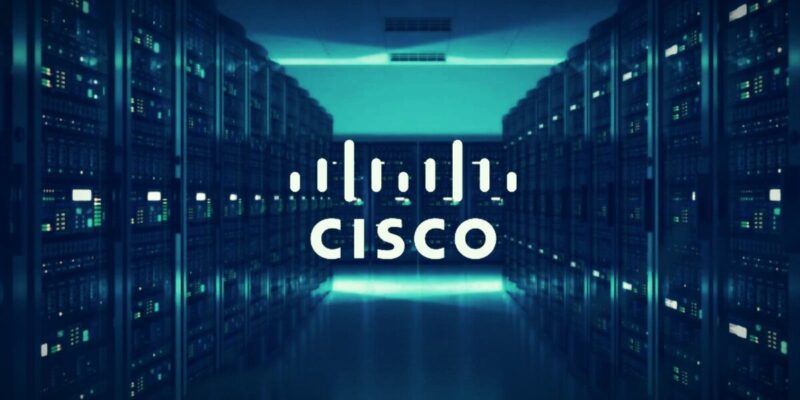Multi-factor authentication consists of your primary authentication (e.g password) and an additional layer of authentication (e.g hardware token) in order to validate a user’s identity. Generally, MFA involves any combination of the following categories: knowledge factor (something you know), possession factor (something they have), and inherence factor (something you are).
The goal of MFA is to provide a higher degree of identity assurance and validating that the user is who they say they are. Adding Cisco MFA to your VPN can prevent attackers from accessing your account even if they obtain your username and password.
Why You Should Protect Your VPN With MFA
A Virtual Private Network is the primary source for providing remote access to an organization’s internal and on-premises applications. The VPN acts as an encrypted channel for remote users to connect to the company’s servers from virtually anywhere. With cyberattacks on the rise, even a username and password based VPN authentication is not immune to credential theft and therefore needs an extra layer of protection.
An organization that provides their users with only a username and password to log into their VPN could be at risk of being exposed to data breaches. Protecting your organization’s VPN against these hackers with multi-factor authentication, adds that additional layer of security.
The type of 2FA you choose for your VPN should depend on which one is easiest for you and your users to deploy, while providing the most security to your accounts.
Securing Your VPN With MFA
Adding MFA to your Cisco VPN ensures that your users are protected when logging in to the private corporate network. When an employee tries to log in to the VPN, they will be prompted to authorize that second piece of verification whether it’s through a one-time passcode, SMS message, hardware token, or authenticator app. MFA on your VPN adds additional security for the business without over complicating things for employees.
With MFA, you have the options to:
- Mitigate Credential Theft: According to the Verizon 2018 Data Breach Investigations report, 81% of cyber attacks occurred from stolen or weak passwords. When an attacker obtains stolen credentials, they can access the corporate network through the VPN and even install malware on the internal system. With a strong MFA implemented, you can defend yourself against cyber attacks.
- Regulatory Compliance: Securing your VPN access with MFA helps achieve compliance laws that may be in place. PCI DSS, HIPPA, and NIST, now all require organizations to secure their remote access with MFA.
- Secure access from anywhere: Empower employees to access critical business resources on the corporate network from anywhere to be productive, without compromising on security.
- Mitigate the risks of remote work: Protect every login with seamless MFA to mitigate unwanted and fraudulent login attempts.
- Increased security, without the complexity: Add an additional layer of security to VPNs without compromising the employees time.
Organizations realize that they need to use MFA in order to authenticate their remote users when trying to access the company VPN. While MFA is important, not all are equal. Some MFA solutions perform better for other companies in terms of functionality, implementation, and ease-of-use. The ideal MFA solution for your company should have all three of these and cater to your security needs.
VPN’s can be a target for attackers when looking to gain access to a company’s private information. This is why it’s essential that you secure your VPN with a trustworthy MFA solution. As a business, you need to take the required steps in order to keep yourself safe from unauthorized authentication and data breaches. Cracking down and implementing MFA ensures that only authorized users are accessing the VPN.
